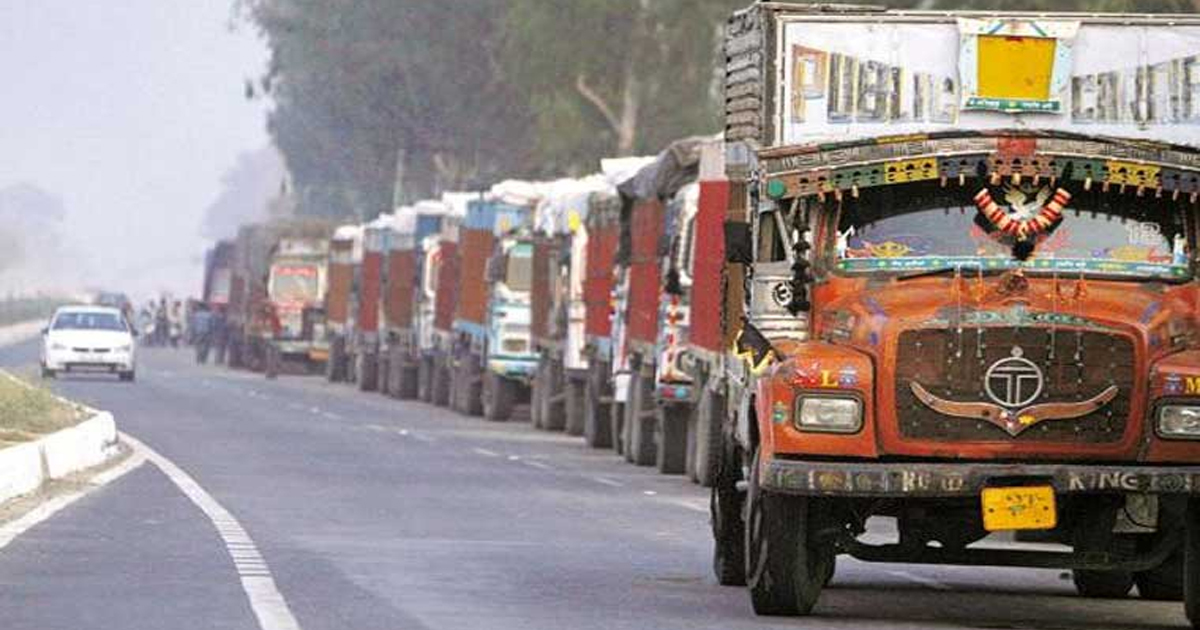After the implementation of Goods and Services Tax Regime about 22- states have terminated to pay border commercial tax at check posts embarking a big step towards which ”one nation, one tax, one market“.
According to the official statement on Monday, states including Karnataka, Gujarat, Tamil Nadu, West Bengal, Bihar, Madhya Pradesh, Kerala, Tamil Nadu, Haryana and other eight states include Manipur, Himachal Pradesh, Meghalaya, Punjab, Mizoram, Tripura, and Nagaland, All of the above states are in the process of terminating the check posts at state boundaries
According to the statement ”The Goods and Services Tax (GST) was rolled out on 1st of July 2017. With the rollout of the GST, 22 states in India have abolished their check posts”.
Read Also: Easy Guide of Reverse Charge Mechanism Under GST with All Aspects
Several states have informed advisories not to stop commercial vehicles or trucks at check posts. The termination at check posts will enable smooth transfer of goods across the country, ending hours of waiting commercial vehicles had to suffer from state boundaries.
It is expected that the new indirect taxation regime reduces the prices of goods, through which goods are available at affordable or cheaper prices. Generally, in India goods are carried through costly route by roads. Taxes at different state boundaries could enhance the cost of goods while transitioning.
Checking at state boundaries is a concern for tax compliances as well as scrutiny of materials. It is one the major source of pollution, commercial vehicles or trucks have to wait for long hours and also causes delay.
As per the PhillipCapital study, In India logistics account carries 14 percent of GDP as the comparison to 8.5 percent in the U.S. The Electronic Way Bills (E- way Bills) is one of the important document will be required for the movement of goods from one place to another. Online registration is essential in case of goods costing above Rs 50,000 to secure an ‘e-way bill’, tax authorities or officers can see any time during the transition to check the tax avoidance.
Union Finance Minister Arun Jaitley said, ”There are some messages going around in the social media stating that the temple trusts have to pay the GST while the churches and mosques are exempt”. This is totally false as such there is no provision made in the new indirect taxation regime.
